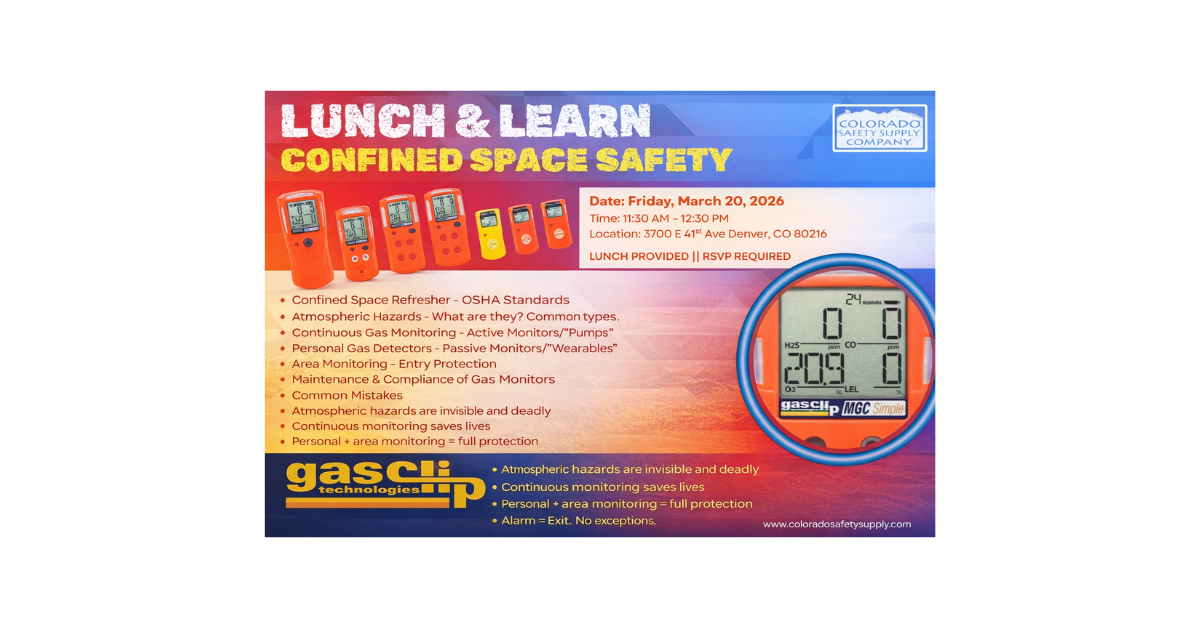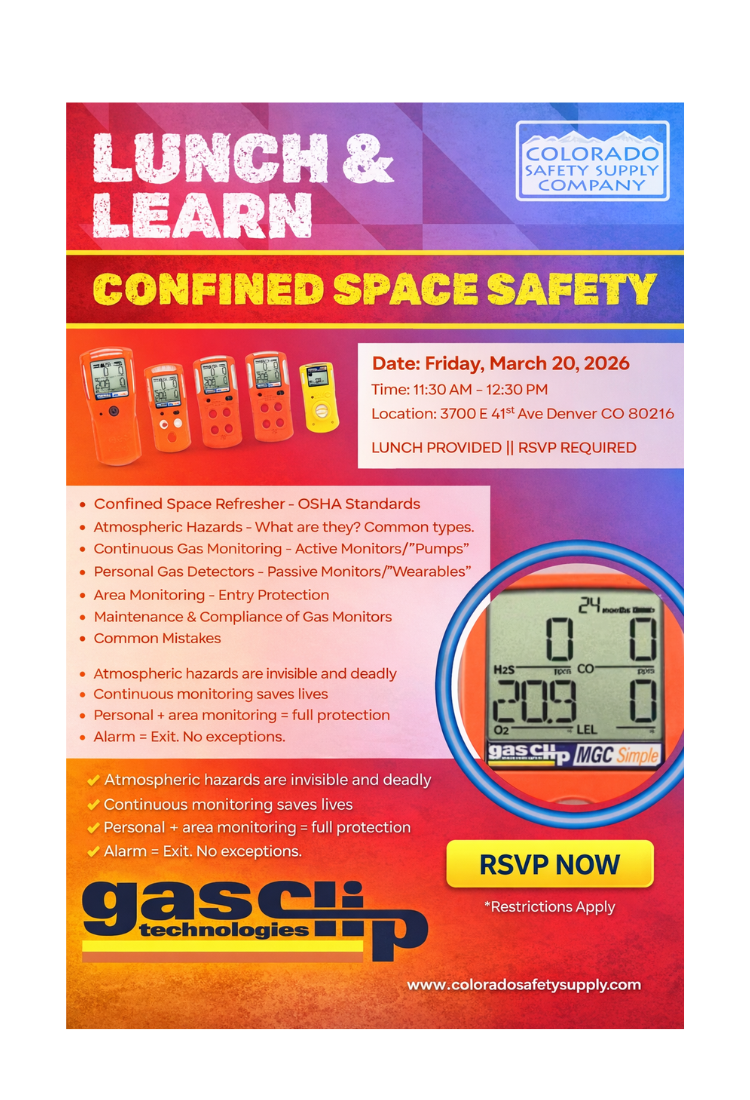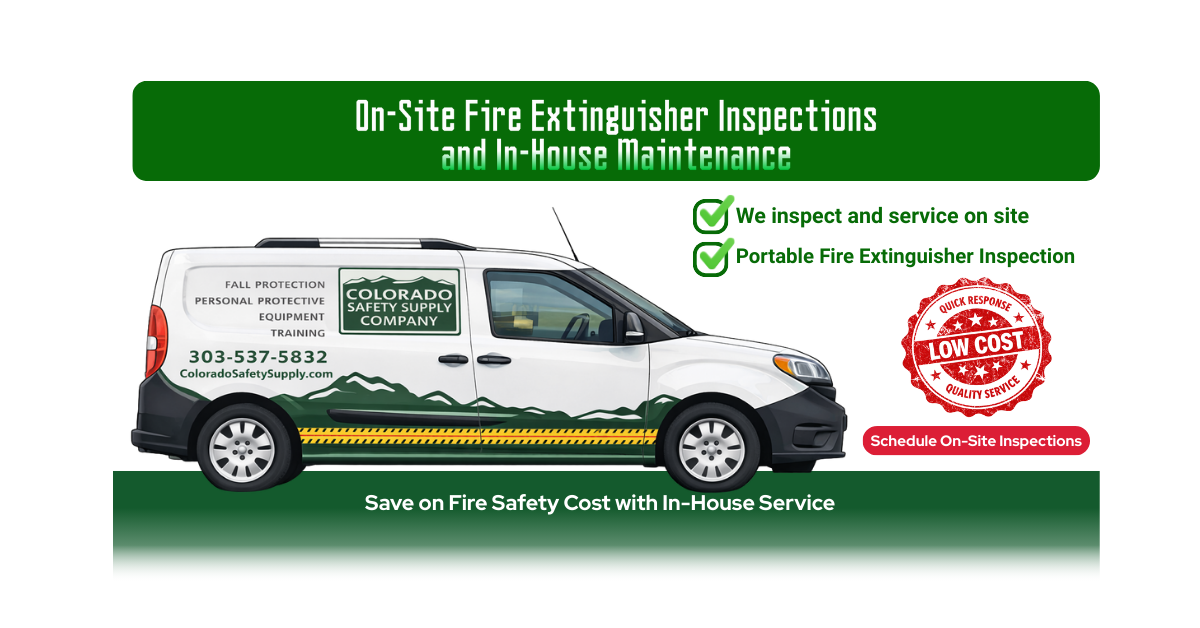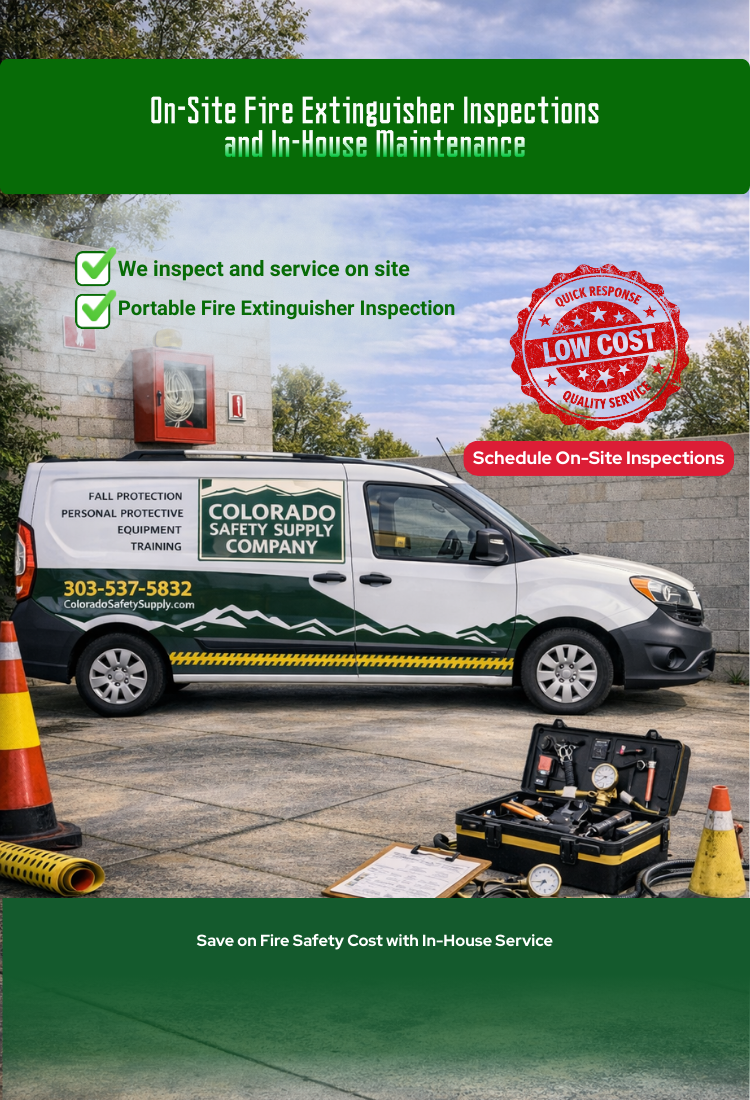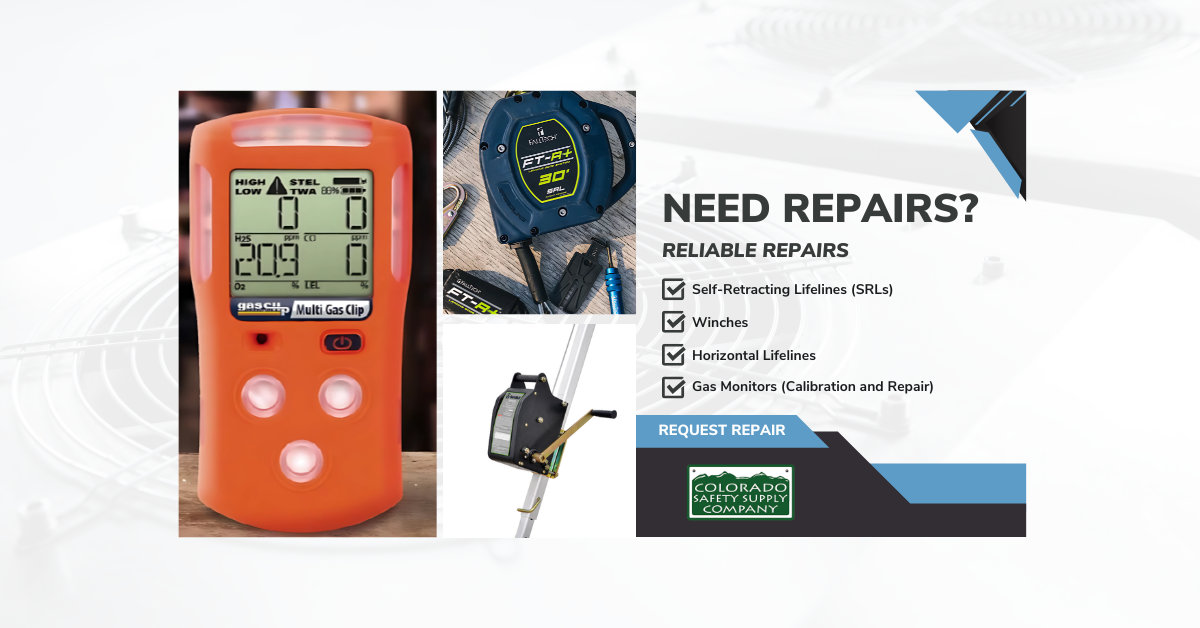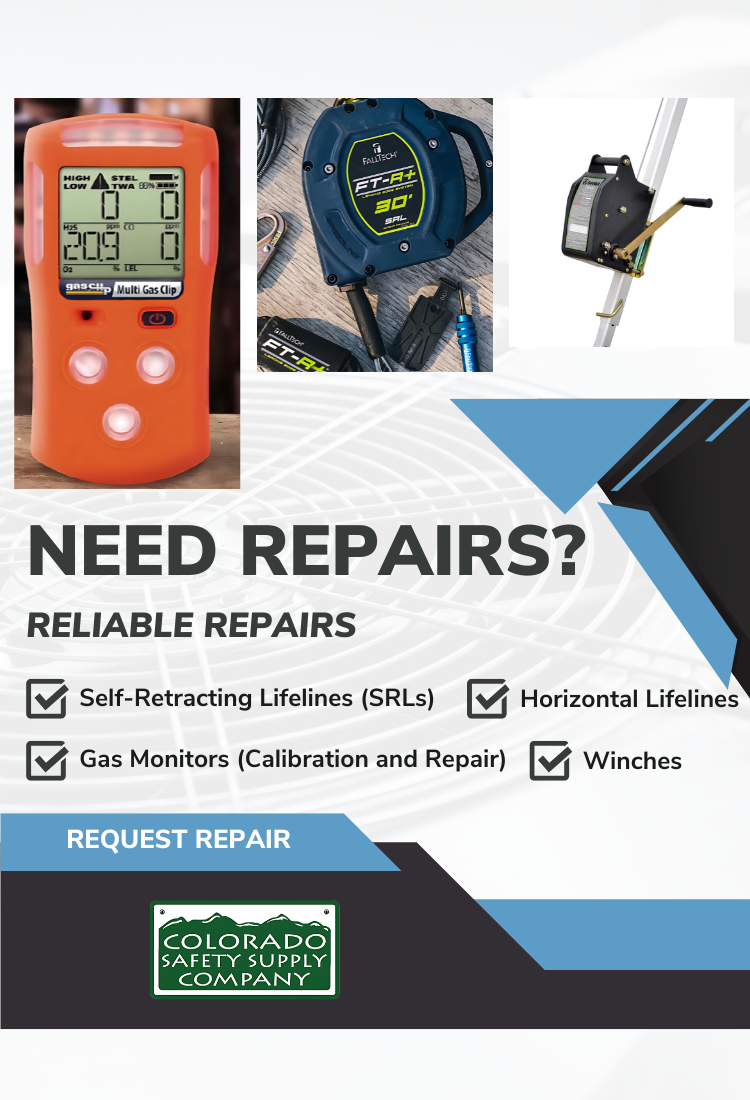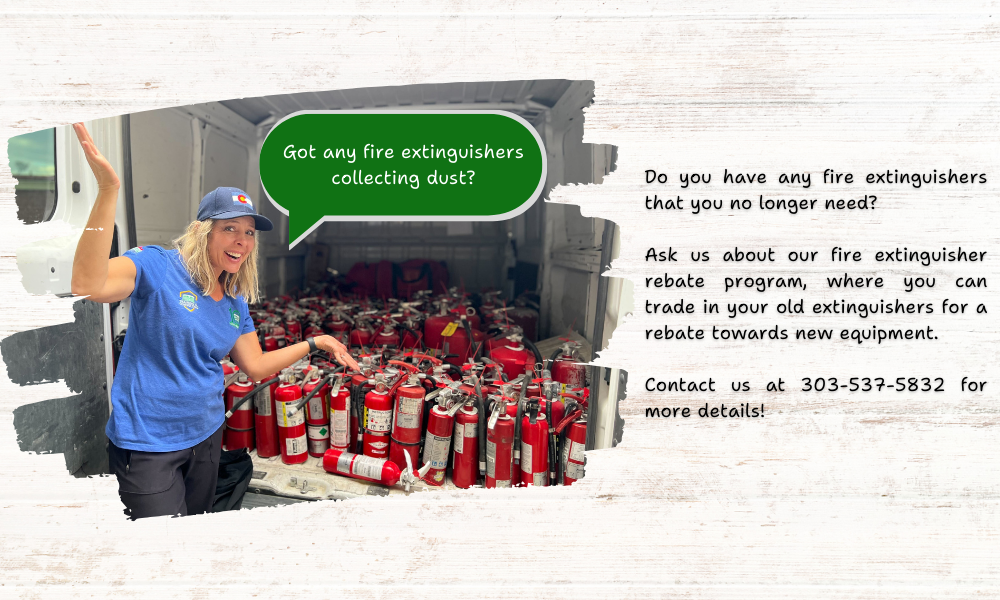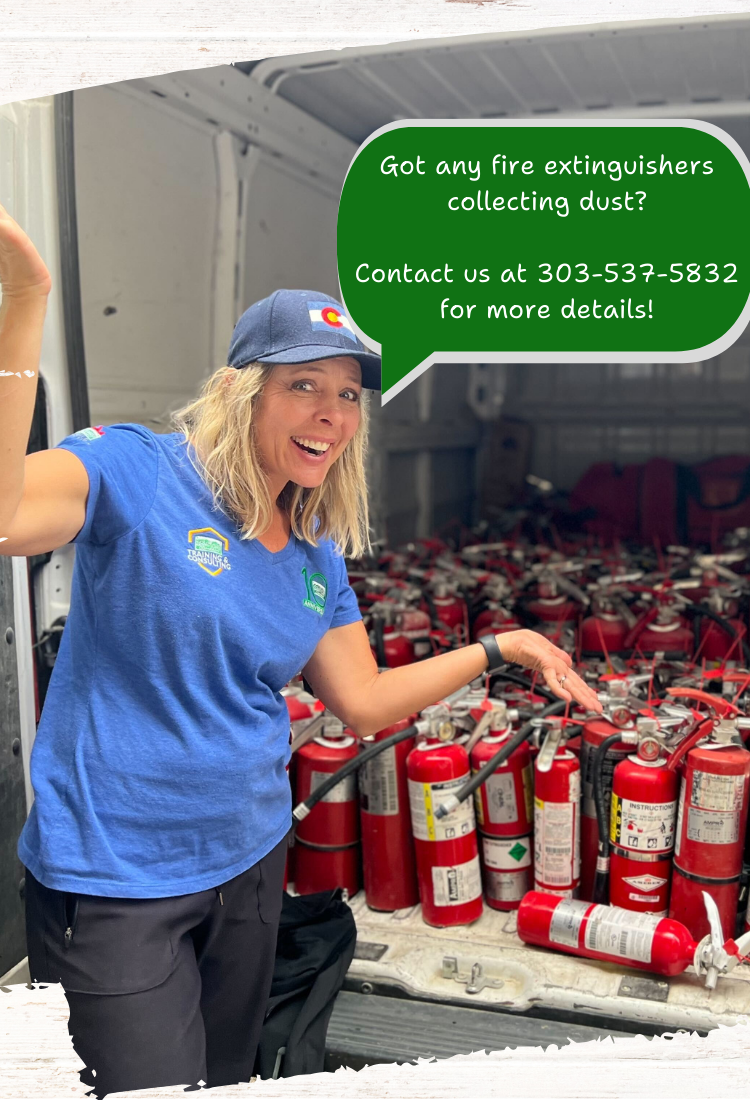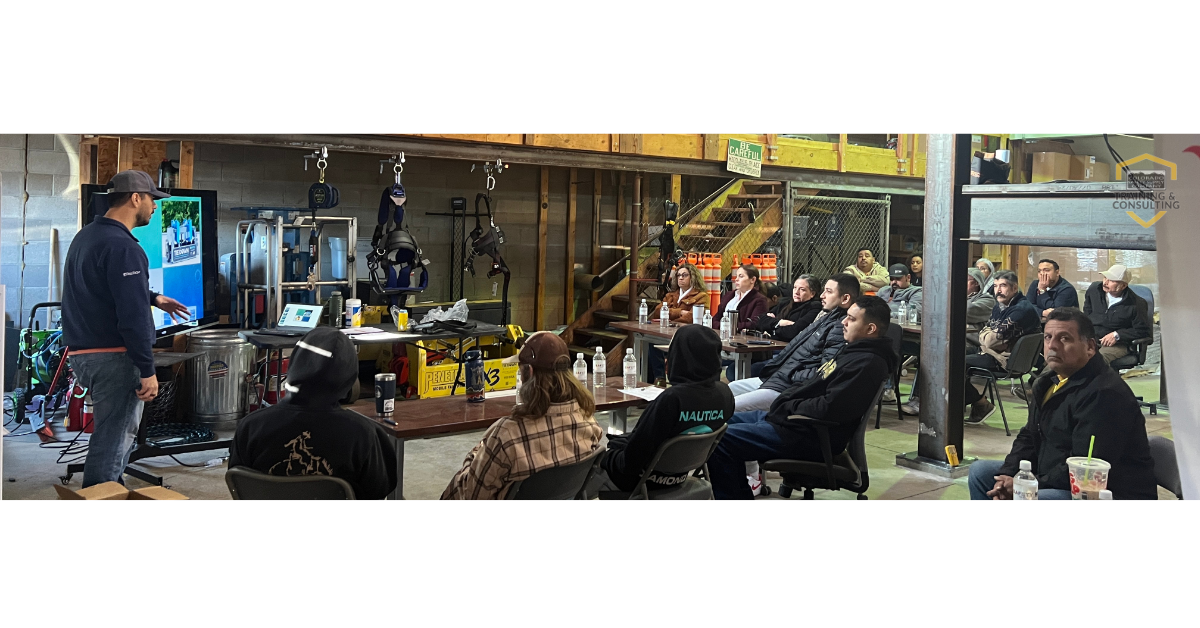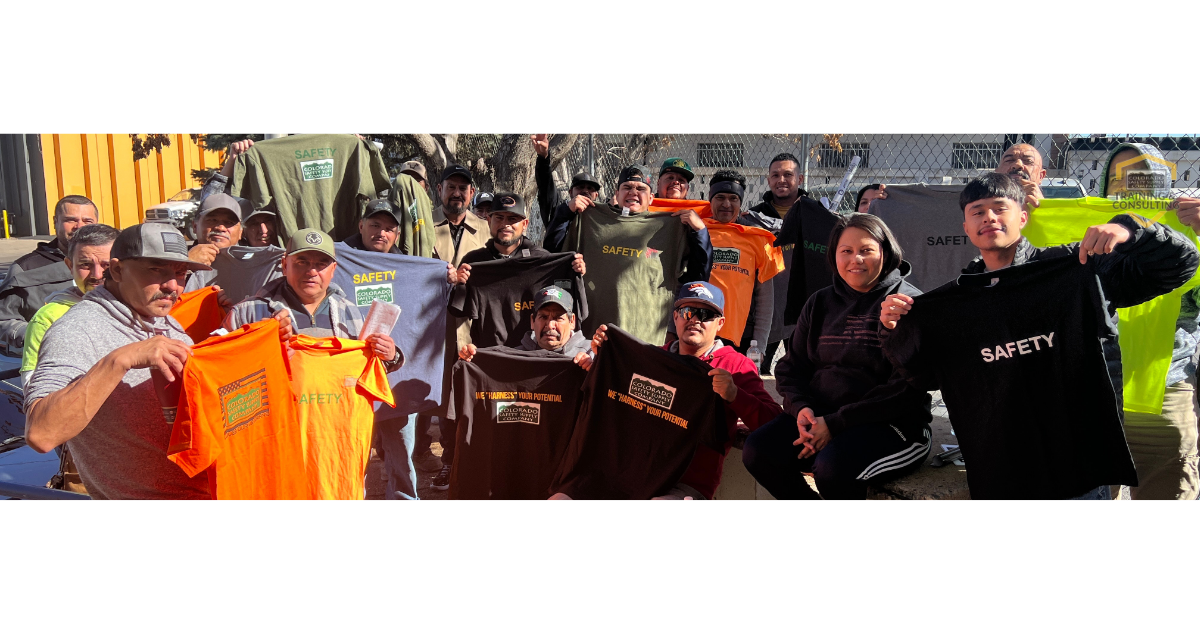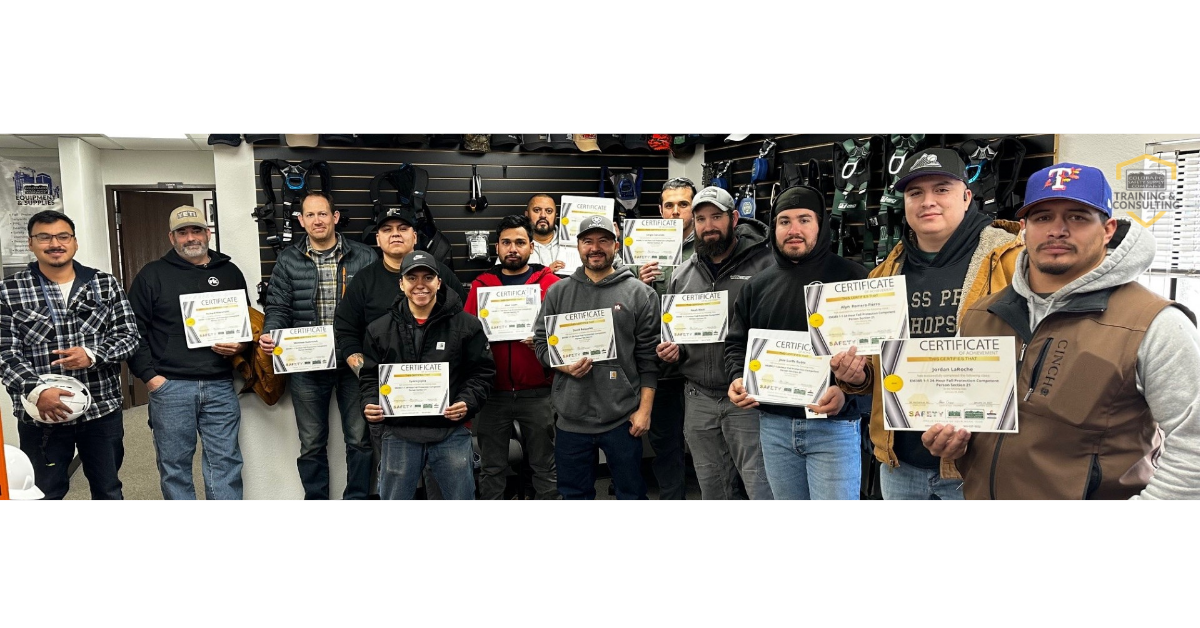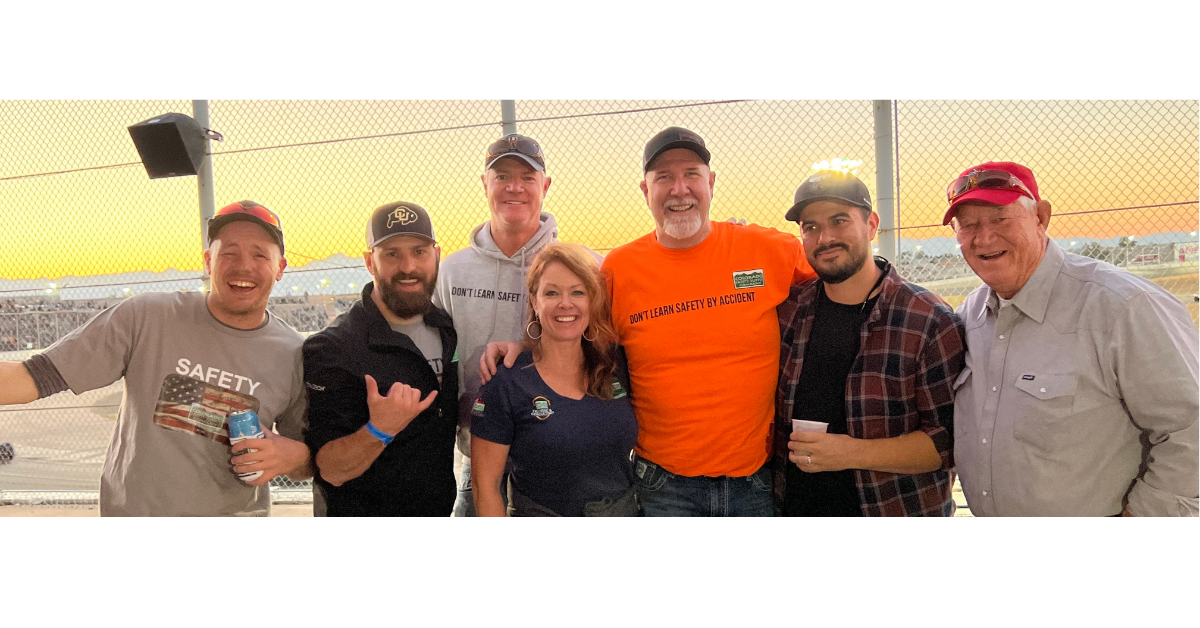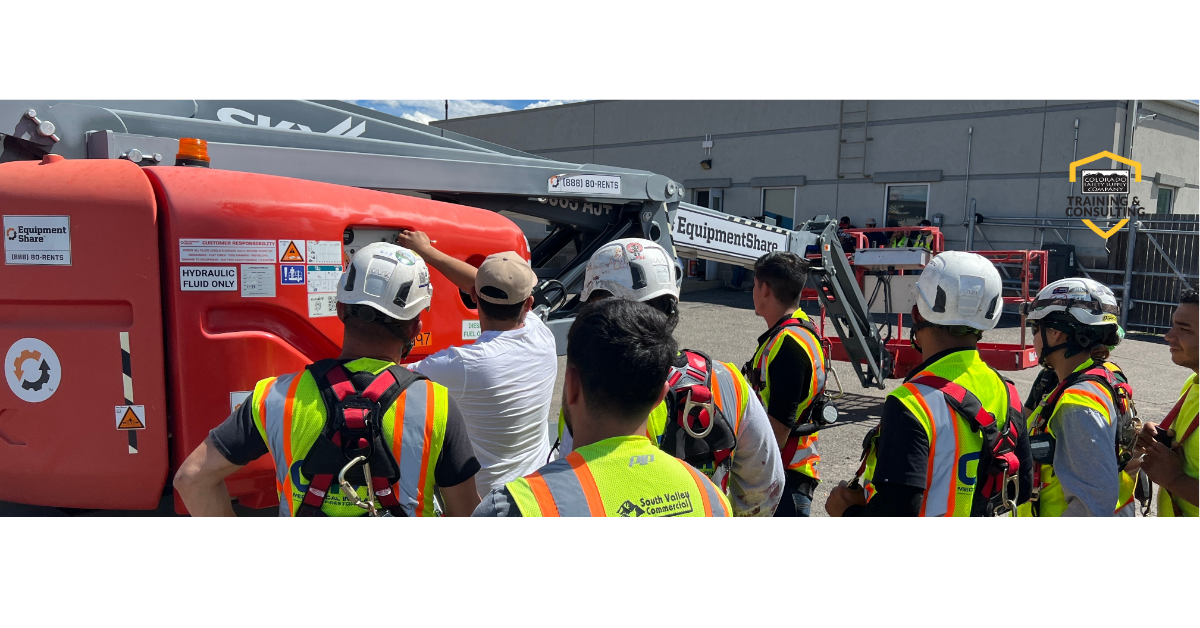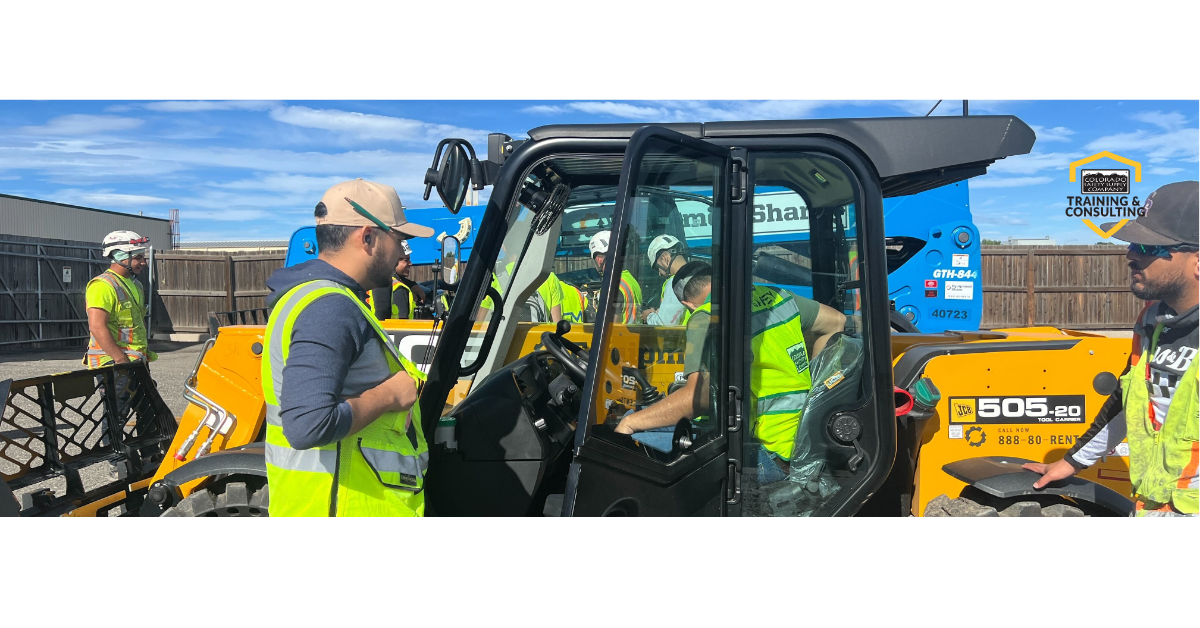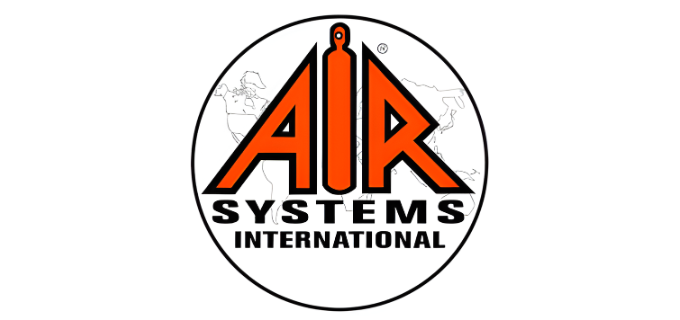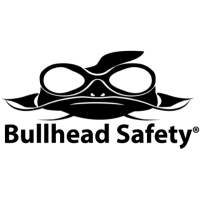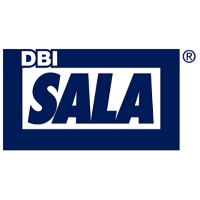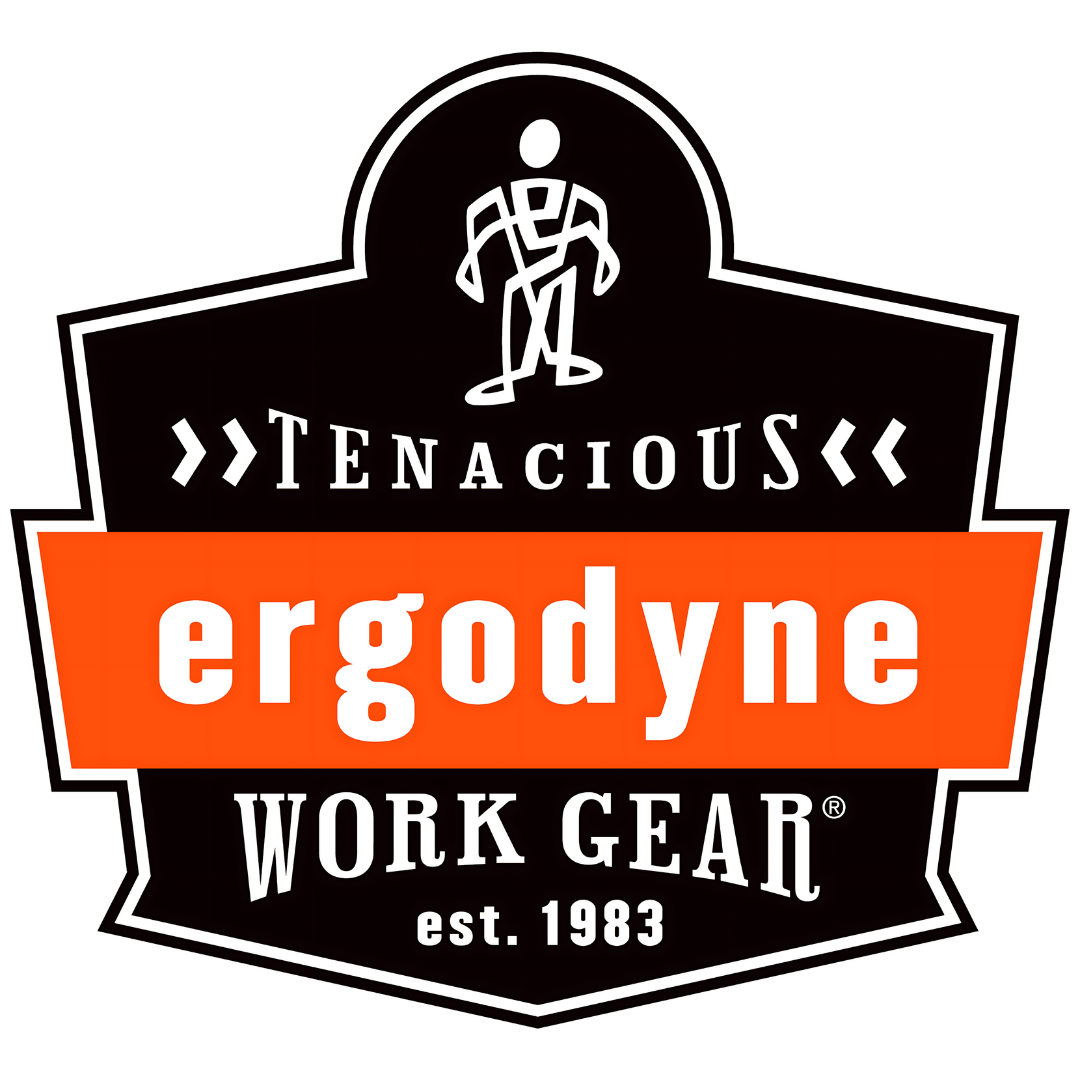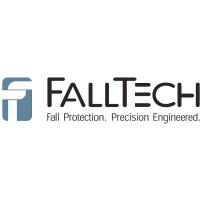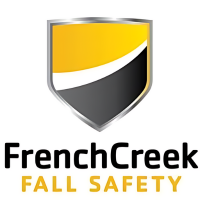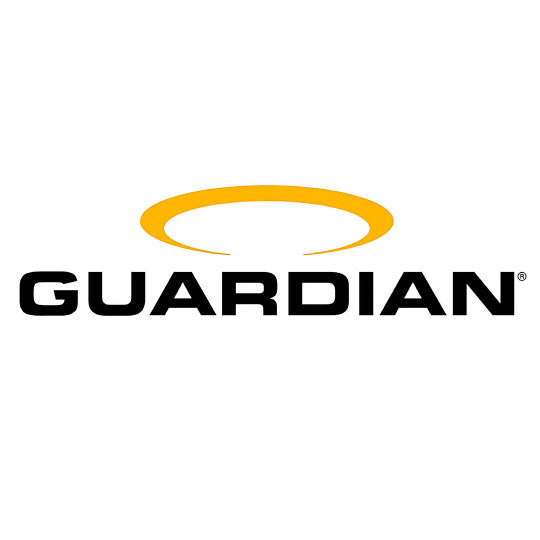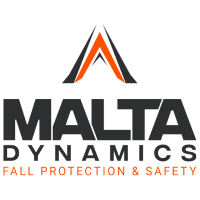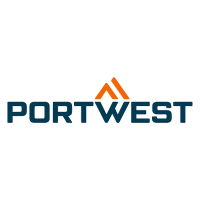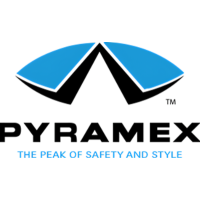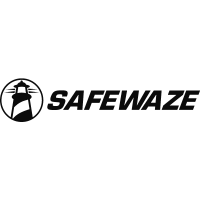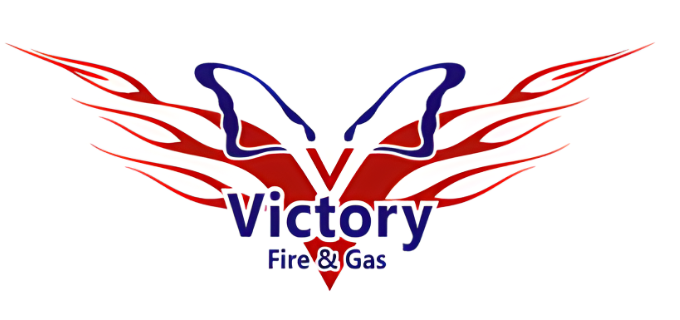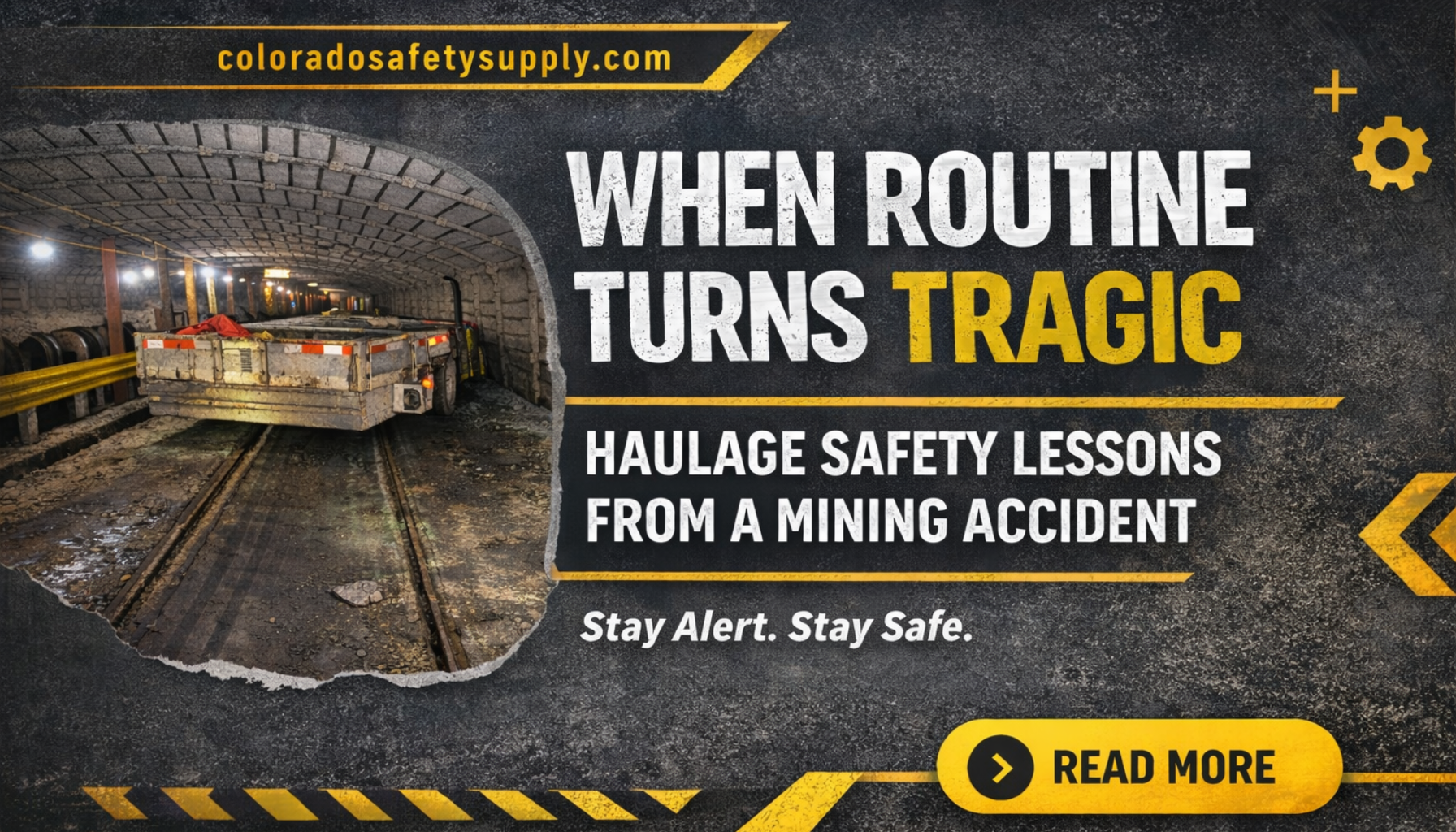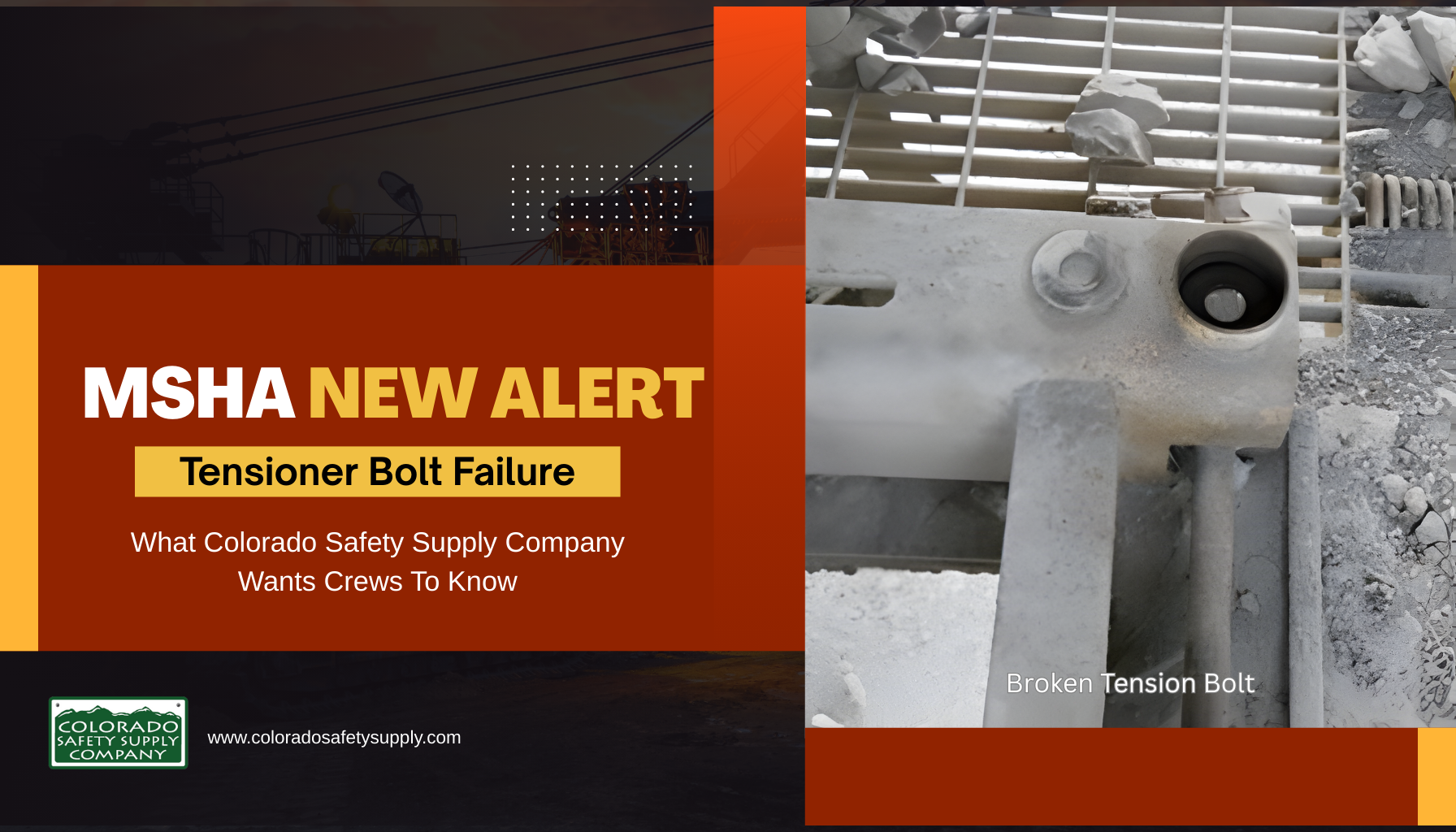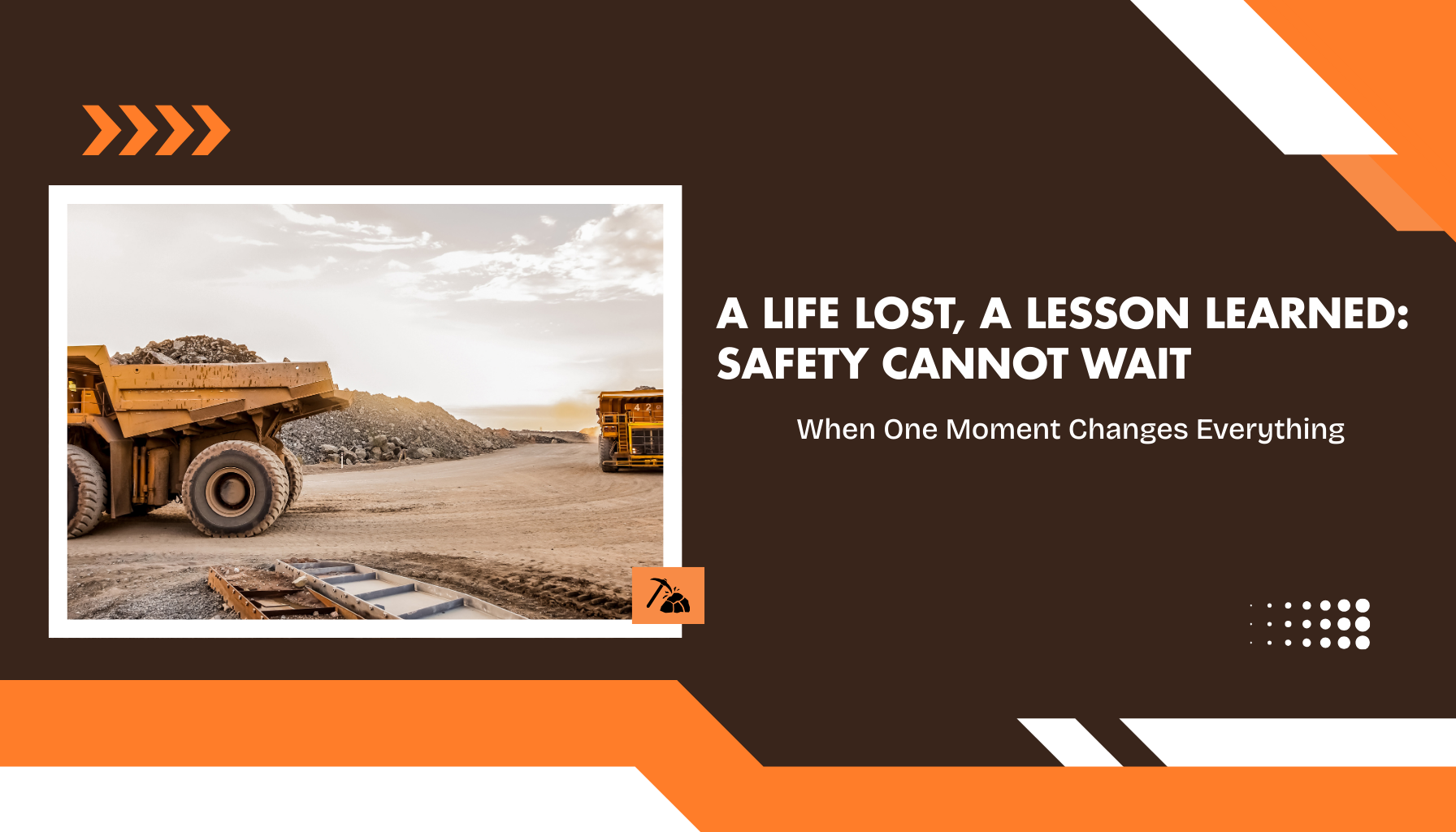What’s New
Advance registration is required to attend training. Please reserve your seat in advance to ensure availability.
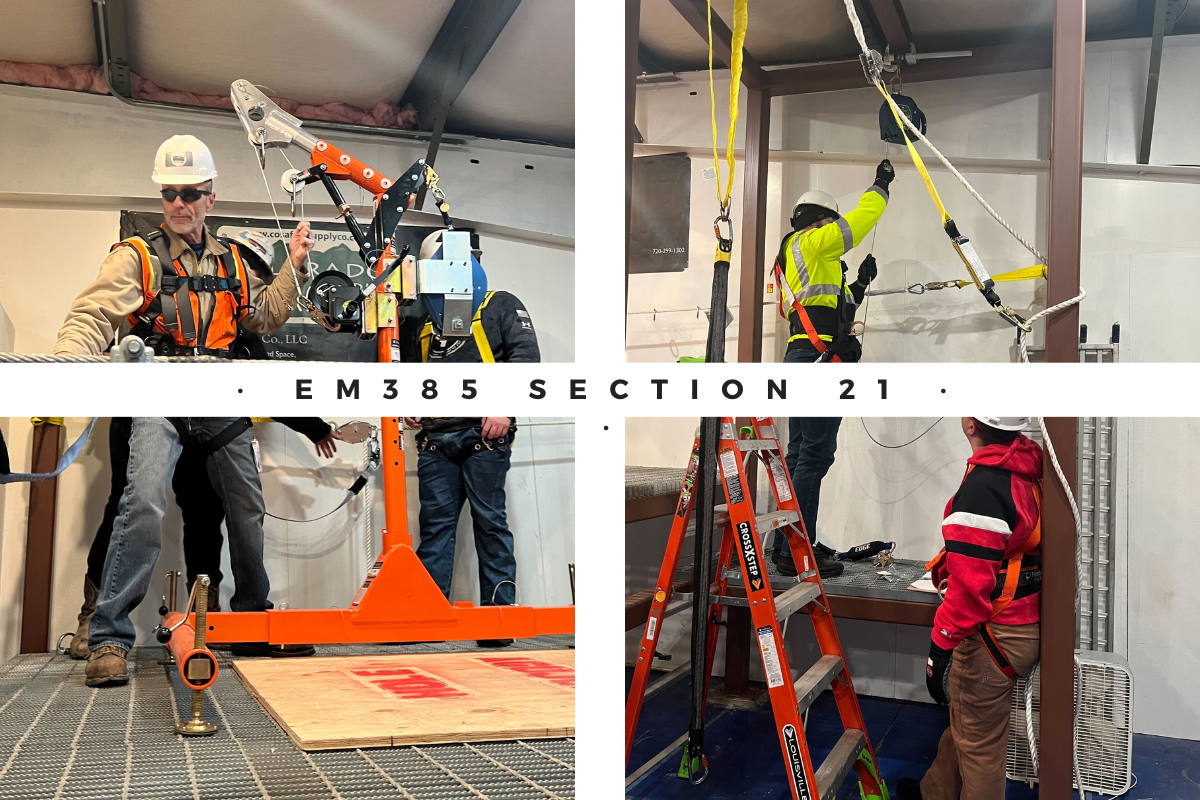
EM385 Section 21 – 24 Hour Competent Person Training
Get trained with Colorado Safety Supply Company's 24-Hour EM 385 Section 21 Fall Protection Competent Person Training. Covers USACE’s EM 385 standards, OSHA Subpart R, AHA forms, and more. Ideal for contractors, managers, and supervisors on military projects to ensure a safe construction site.
Secure your spot for March 2, 2026.
Enroll NowOSHA 10 Hour Construction Training
Our OSHA 10 Hour Construction Training provides essential safety knowledge for workers on construction sites. This course covers key topics such as fall protection, personal protective equipment, hazard communication, and more. Participants will learn how to identify, avoid, and prevent job-related hazards.
Join us starting March 12, 2026.
Enroll Now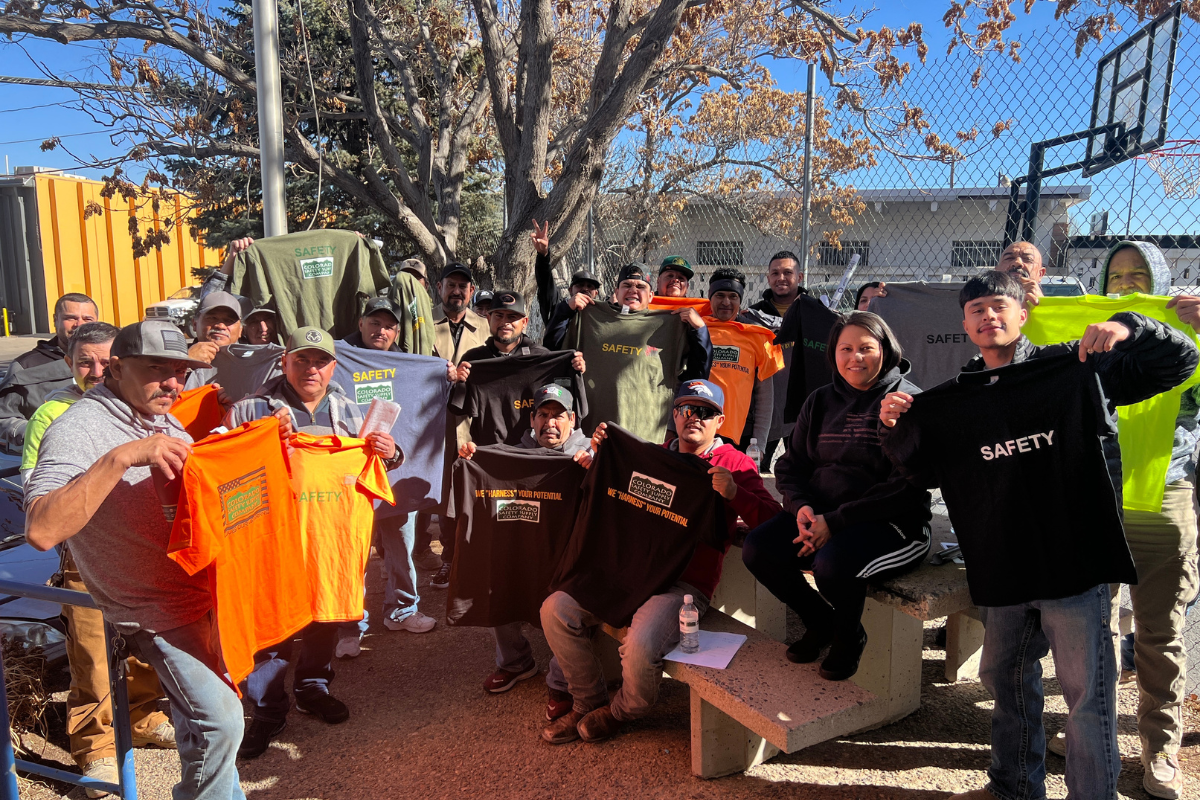
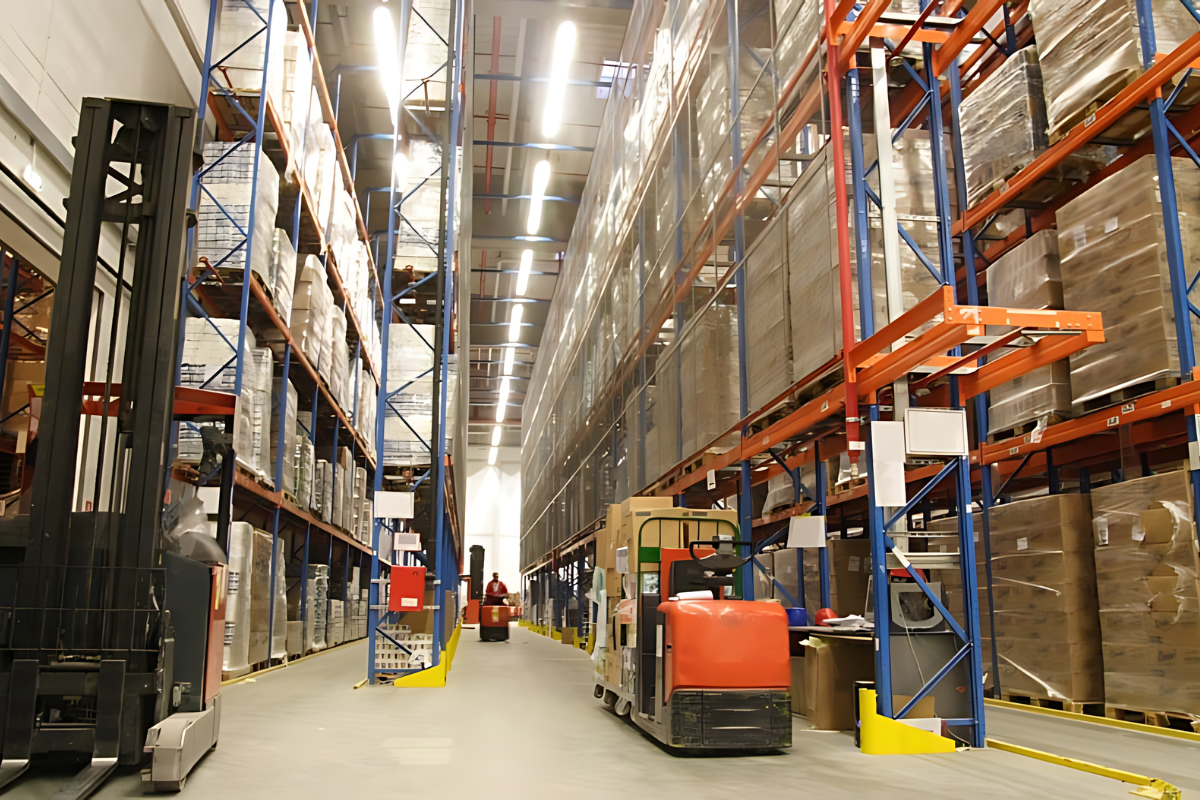
Forklift Operator Training
Our training blends classroom (1.5 hrs) and hands-on (2 hrs) sessions with your equipment. It covers forklifts and telehandlers, meeting Subpart O 1910.178 requirements. Participants learn about truck types, operating hazards, stability, inspections, and safe refueling. Refresher training is recommended every 3 years.
Be part of our class on March 16, 2026.
Enroll NowAerial/Scissor Lift Operator Training
Our training blends classroom (1.5 hrs) and practical (2 hrs) hands-on learning using your equipment. Covering Class 3 MEWPs, including scissor lifts and aerial devices, it ensures safe operation. Participants gain knowledge of lift types, components, safety regulations, fall protection, and hazard response.
Join our training on March 16, 2026.
Enroll Now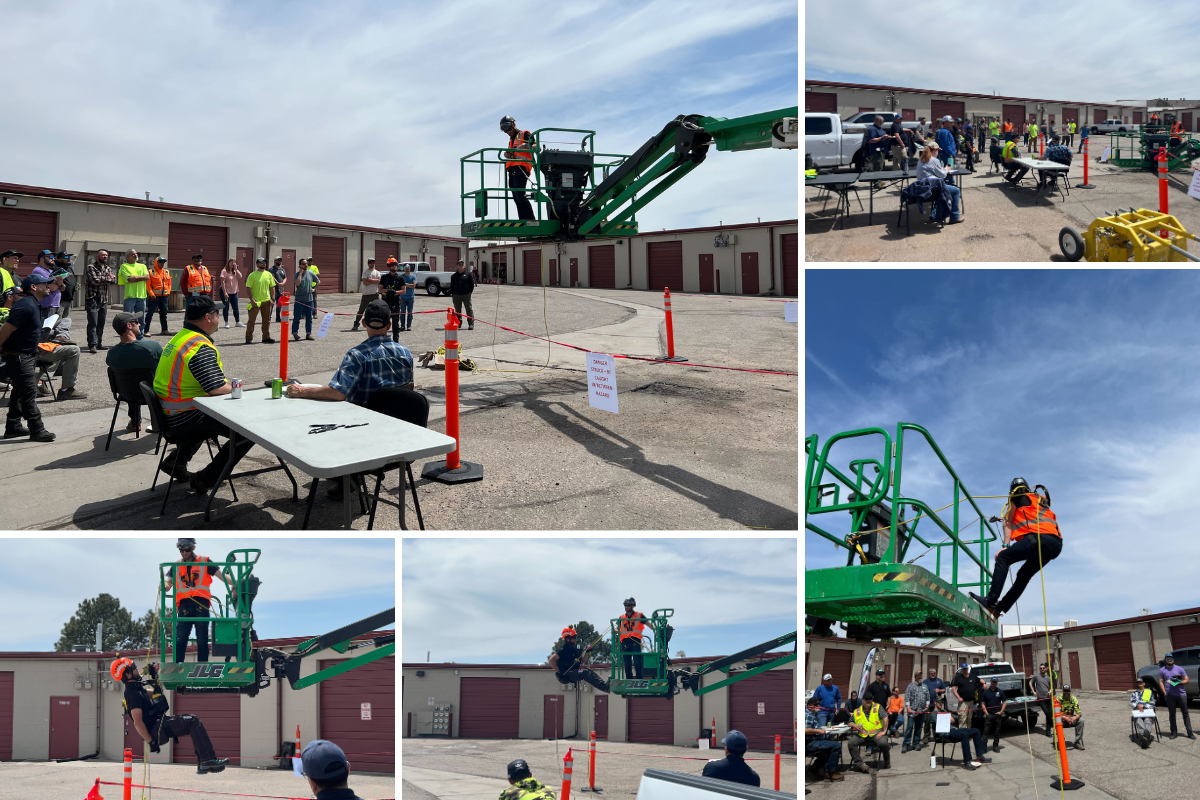
Blogs
View all
Colorado State Electrical Board Updates You Should Know
Colorado’s State Electrical Board updates clarify licensing, apprentice registration, PV work, permits, and fines. Stay compliant and protect your business.
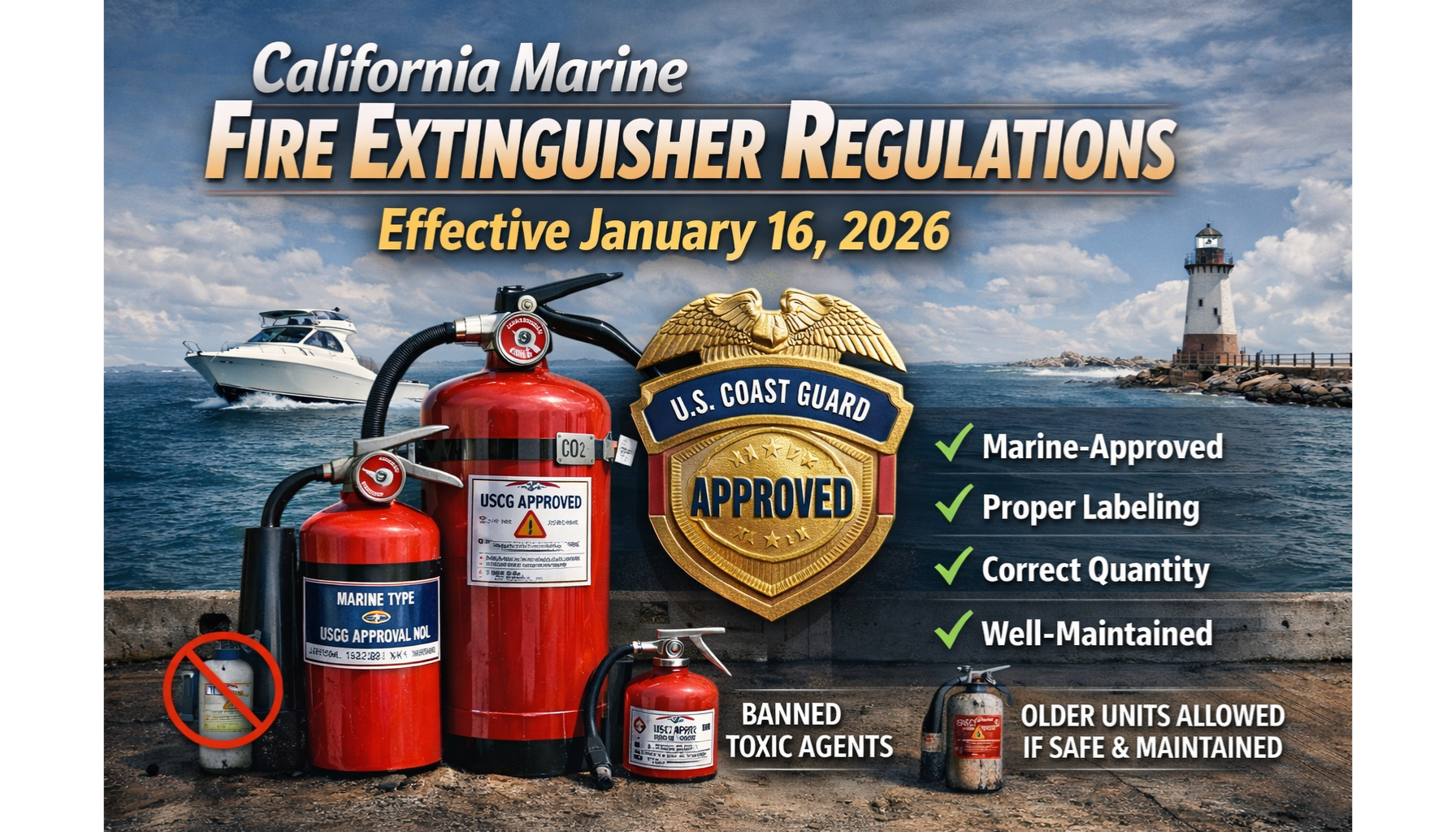
California Fire Extinguisher Updates Effective January 16, 2026
California updated marine fire extinguisher regulations effective January 16, 2026. Learn the new approval, labeling, sizing, and maintenance requirements and how they impact fire safety compliance.

Who Should Be the Only Person Giving Signals During a Lift and Why?
During crane lifts, multiple people giving signals can cause confusion and hesitation. Learn why only one designated signalperson should direct a lift and how clear communication prevents incidents.

